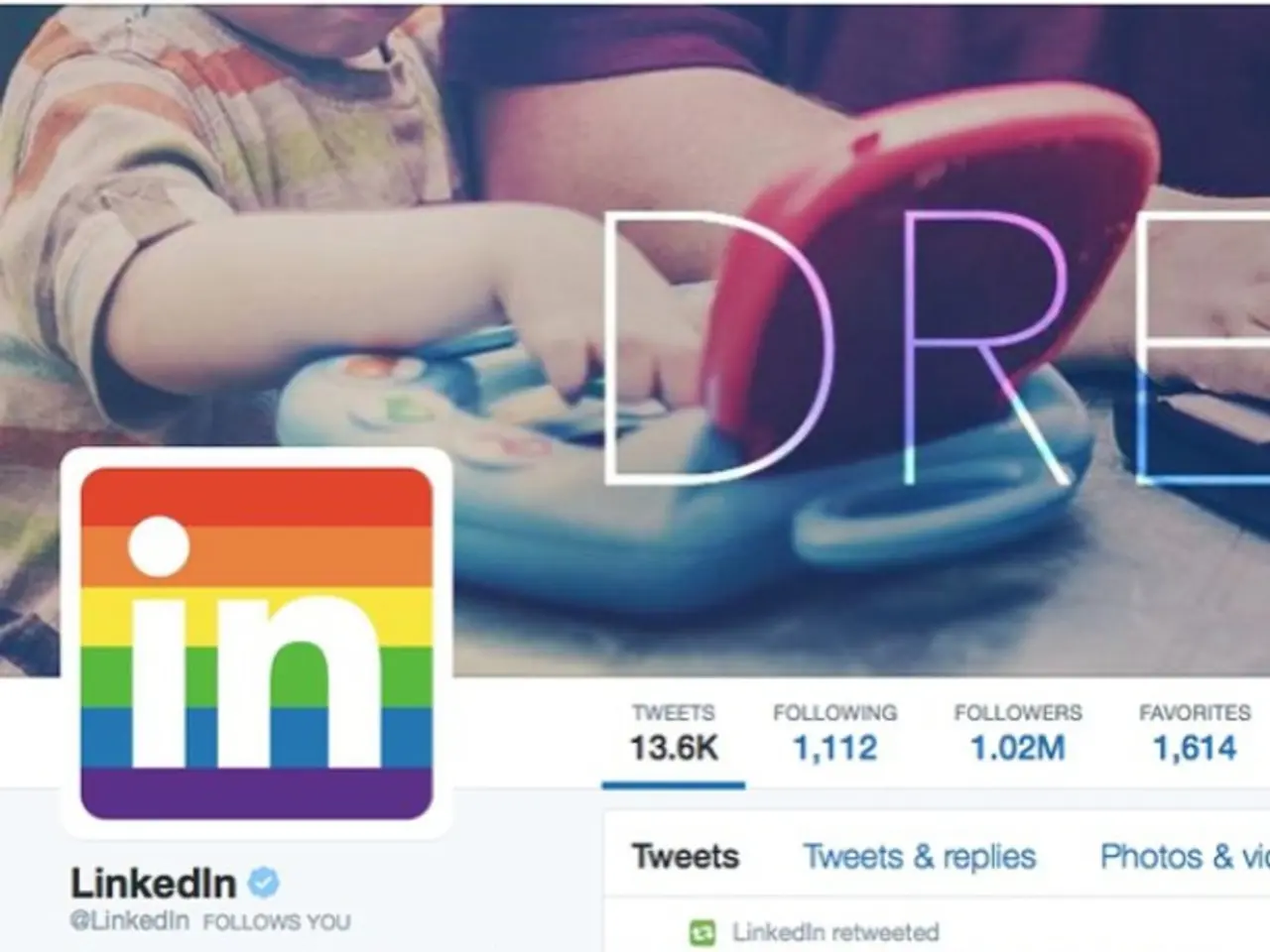AI-generated content and its impact on search engine optimization (SEO)
In the rapidly evolving digital landscape, businesses are increasingly turning to Artificial Intelligence (AI) to generate content for blogs, landing pages, product descriptions, and entire libraries of material. This trend, which gained significant momentum following the launch of ChatGPT late last year, presents both **significant opportunities and notable risks** for Search Engine Optimisation (SEO).
### Potential Risks of AI-Generated Content for SEO
The use of AI content carries potential pitfalls. For instance, AI-generated text may lack the depth, nuance, and factual accuracy necessary to truly engage audiences or satisfy complex user needs. This can reduce its SEO effectiveness by lowering user engagement and increasing bounce rates.
Moreover, Google's ranking systems favour content that demonstrates real expertise, personal perspective, and deep understanding. Poorly written or repetitive AI content can be flagged as low-quality or spammy, leading to ranking penalties. Duplicate or unoriginal content generated quickly by AI risks triggering such penalties.
AI tools sometimes produce keyword-stuffed or irrelevant content due to limited understanding of user intent. This can cause a drop in rankings since search engines prioritize user-focused, relevant content.
Furthermore, with AI-powered search features like Google's Search Generative Experience providing instant answers on results pages, traditional website traffic from search may decline. This means even good AI content may see reduced direct visits, posing challenges for SEO measurement and brand visibility.
### Best Practices for Balanced Use of AI-Generated Content in SEO
To maximize benefits and avoid pitfalls, a balanced approach that combines AI tools with human oversight is essential. Here are some best practices:
1. **Human Oversight and Editing:** Always have human experts review and refine AI-generated content to ensure factual accuracy, readability, originality, and alignment with user intent.
2. **Focus on High-Value, Unique Content:** Use AI to generate drafts or bulk content production but prioritize adding unique insights, storytelling, and authoritative information that AI alone cannot produce.
3. **Optimize for Structured Data and Featured Snippets:** Prepare content with clear, structured information and concise answers to be easily cited and summarized by AI search features, helping maintain visibility in AI-driven search results.
4. **Develop New SEO Metrics:** With changing search behaviour, traditional traffic metrics are less reliable. Track brand mentions in AI overviews, voice search results, and featured snippet appearances to gauge performance in the evolving SEO landscape.
5. **Avoid Overreliance and Keyword Stuffing:** Use AI to scale efficiently but resist the temptation to automate everything. Ensure content does not misuse keywords and maintains a natural flow with a focus on user benefit.
By leveraging AI thoughtfully, editing carefully, and staying focused on audience needs, search intent, originality, and value, you can harness its power without putting your rankings at risk. Remember, AI lacks the ability to deliver original insights, firsthand experience, or expert opinions.
In conclusion, while AI can streamline content creation and boost efficiency, it should not replace human judgement and creativity. By treating AI as a collaborator, businesses can produce high-quality, engaging content that meets user needs and adheres to search engine guidelines, ultimately driving SEO success.
AI-generated content can improve efficiency, but its lack of deep understanding and nuance can lead to SEO challenges. For example, AI-written text may require human editing to ensure factual accuracy, readability, originality, and user intent alignment, which can affect its SEO effectiveness.
In addition, businesses should be cautious about producing keyword-stuffed or irrelevant content with AI tools, as this may lead to ranking penalties due to a lack of user focus and relevance. To maximize benefits and avoid these pitfalls, it is essential to balance AI tools with human oversight and editing.




